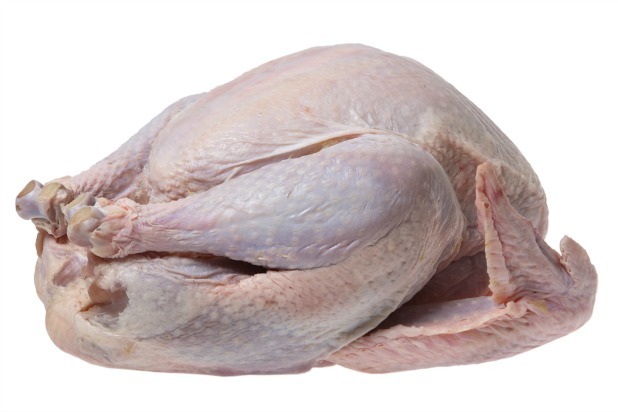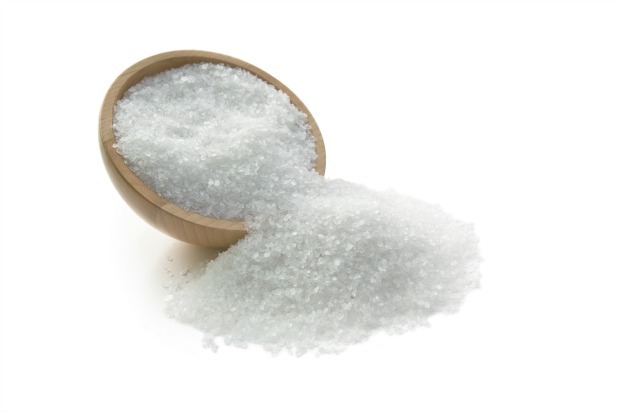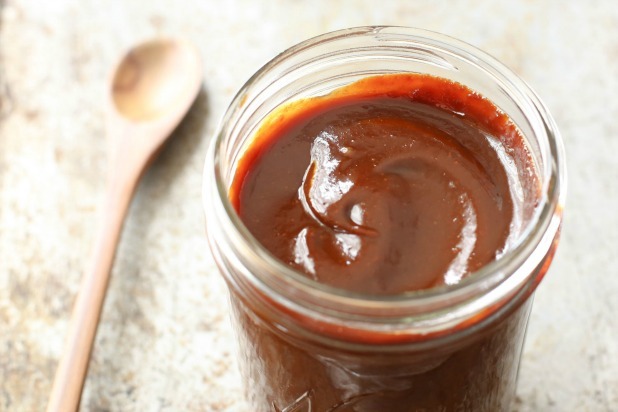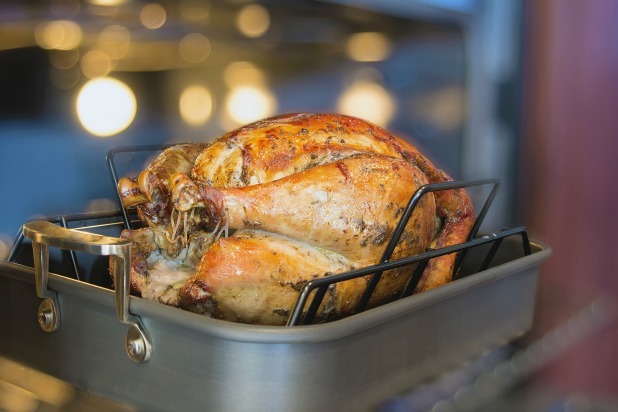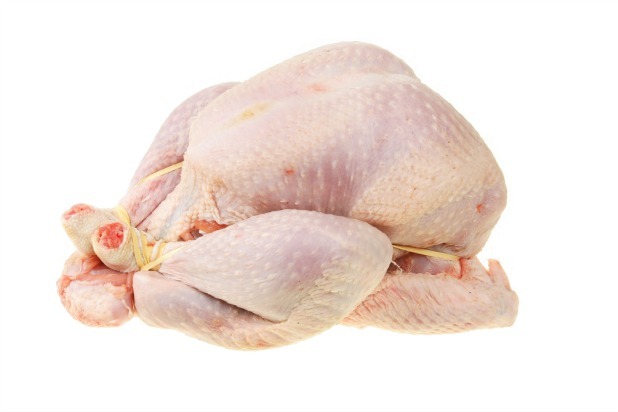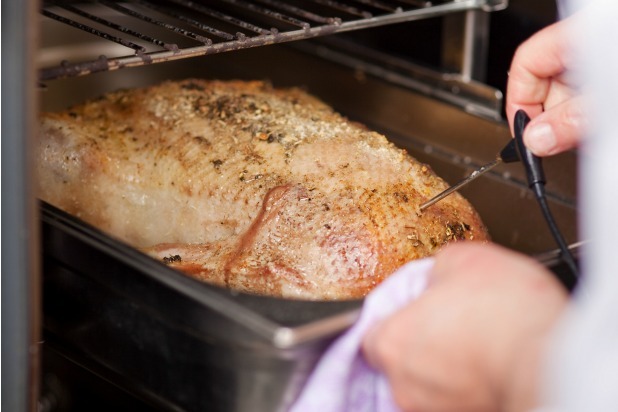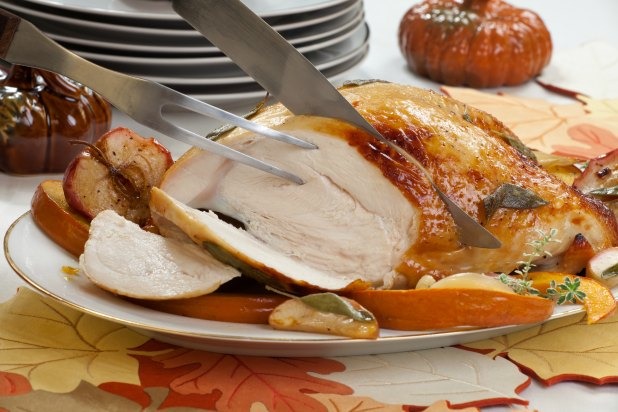Clever Ways To Cook A Truly Tasty Turkey
If you're cooking for a large group, try roasting two small turkeys (instead of one large one). Smaller turkeys will roast more evenly and will be easier to brine or marinate.
Choose Your Bird Carefully
If you have the option of buying a fresh turkey from a local producer or farm, do it; you'll start with a bird that is inherently more flavorful. Freezing a turkey impacts its flavor and texture, so skip the grocery store turkey if possible.
Consider Brining
Whether you immerse your turkey into a salt-water solution or simply rub it with salt, the addition of salt will help make the turkey moist and flavorful (salt draws the juices out of the turkey and then allows them to be reabsorbed along with the flavorings you have added).
Try a Marinade
If you're not brining your turkey, try marinating instead; marinades add a ton of flavor to meat. Plus, some of their ingredients can help break down the proteins in the meat, making it tender. Our favorite way to marinate turkey this Thanksgiving? Bibigo Korean BBQ sauces.
Choose the Right Pan
A heavy-duty pan with a stainless-steel finish is a great choice for roasting a turkey. Though a non-stick pan can mean easy cleanup, its dark color can cause the bird to brown too quickly.
Try Not to Truss
Tying turkey legs up against the side of its body makes for an attractive presentation, but it also makes for a potentially overcooked breast. A trussed turkey takes longer to roast, which makes it more likely that the breast meat will dry out. If you must truss, truss loosely.
Flip the Turkey
Though it sounds crazy, place the turkey upside-down in the roasting pan; it helps the turkey's natural juices flow toward the breast meat (which cooks more quickly and is prone to drying out). After the first hour of roasting, flip the turkey right-side-up (be sure to protect your hands from the heat and not splash any pan juices around) and continue roasting until the breast reaches an internal temperature of 165 degrees and the thigh reaches an internal temperature of 175 degrees.
Let it Rest
As with any roast, let the turkey rest for 15 to 20 minutes before carving and serving to allow the juices to redistribute themselves throughout the meat. That way, when you carve the turkey you won't lose as many juices.

